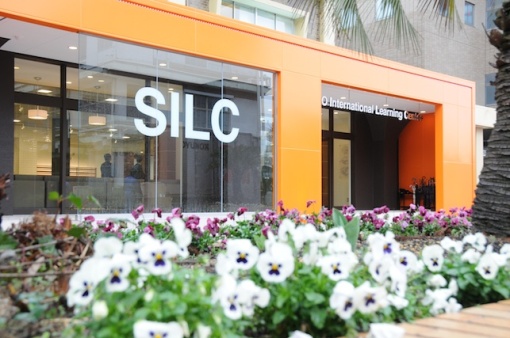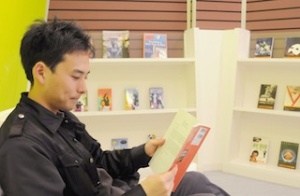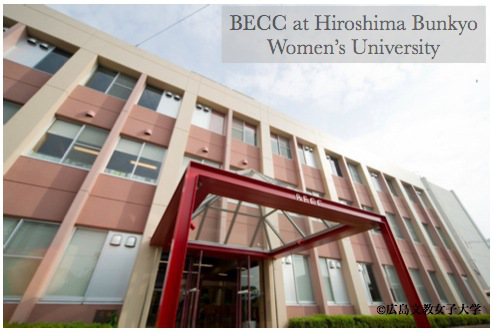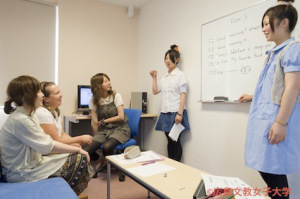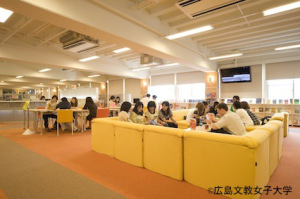Dr. Rod Ellis, University of Auckland, will speak at the Sojo International Learning Center (SILC) on Wednesday, October 12, 2011, 18:00-19:15. Please note that this event will be held at Sojo University Kumamoto, Japan and not on the Chiba campus of Kanda University. The SILC is a project of the ELI’s External Language Consultancy Center (ELCC).
Public Lecture by Dr. Rod Ellis, University of Auckland
Wednesday, October 12, 2011, 18:00-19:15
Focusing on Form in the Communicative Classroom
Sojo International Learning Center (SILC)
Sojo University
Kumamoto, Japan
〒860-0082 熊本県熊本市池田4丁目22−1
Free to the public
Current theories of second language acquisition emphasise the importance of learners’ attending consciously to form. Similarly, current discussions of communicative language pedagogy stress the need for classroom language learners to focus on form as well as meaning. The study reported in this talk is intended to contribute to both theory and practice. It examines the different ways in which teachers and students achieve a ‘focus-on-form’ (i.e. attend to linguistic form in the context of activity that is primarily message-oriented). Based on an analysis of 12 hours of teaching English in a private language school, a coding system is developed to account for the general characteristics of ‘focus-on-form episodes’ (FFEs). The system is then used to provide an account of focus-on-form in the classrooms studied, revealing that nearly half of the total FFEs were proactive rather than reactive and that more than half involved negotiating form rather than negotiating meaning (i.e. they were not triggered by any communicative problem). The paper concludes with some ideas for future research.
Professor Rod Ellis is the deputy head of the Department of Applied Language Studies and Linguistics at the University of Auckland, New Zealand. In addition, he is a Cheung Kong Scholar Chair Professor at Shanghai International Studies University, and also a TESOL Professor and Chair of the Graduate School of Education at Anaheim University, where he teaches various online courses in the Master of Arts in TESOL. He has also taught in positions in Zambia, the UK, and at Temple University in Japan and the US. He is currently editor of the journal Language Teaching Research, and is also a senior advisor to the Asian EFL Journal.
Ellis received a Master of Arts from the University of Leeds, a Master of Education from the University of Bristol, and a doctorate from the University of London. He is a leading theorist of task-based language learning, and has published two books and more than a dozen articles on the subject. Since 1980, he has authored more than 30 books and 100 articles on second language acquisition.
His research interests include: Second language acquisition, individual learner differences, form-focussed instruction, teacher education, course design and methodology of language teaching.
For additional information about the talk, or if you would like to be included in the reservation for a post-lecture dinner, contact Chris Stillwell:
Contact number (October 12 only): 096 326-3850


